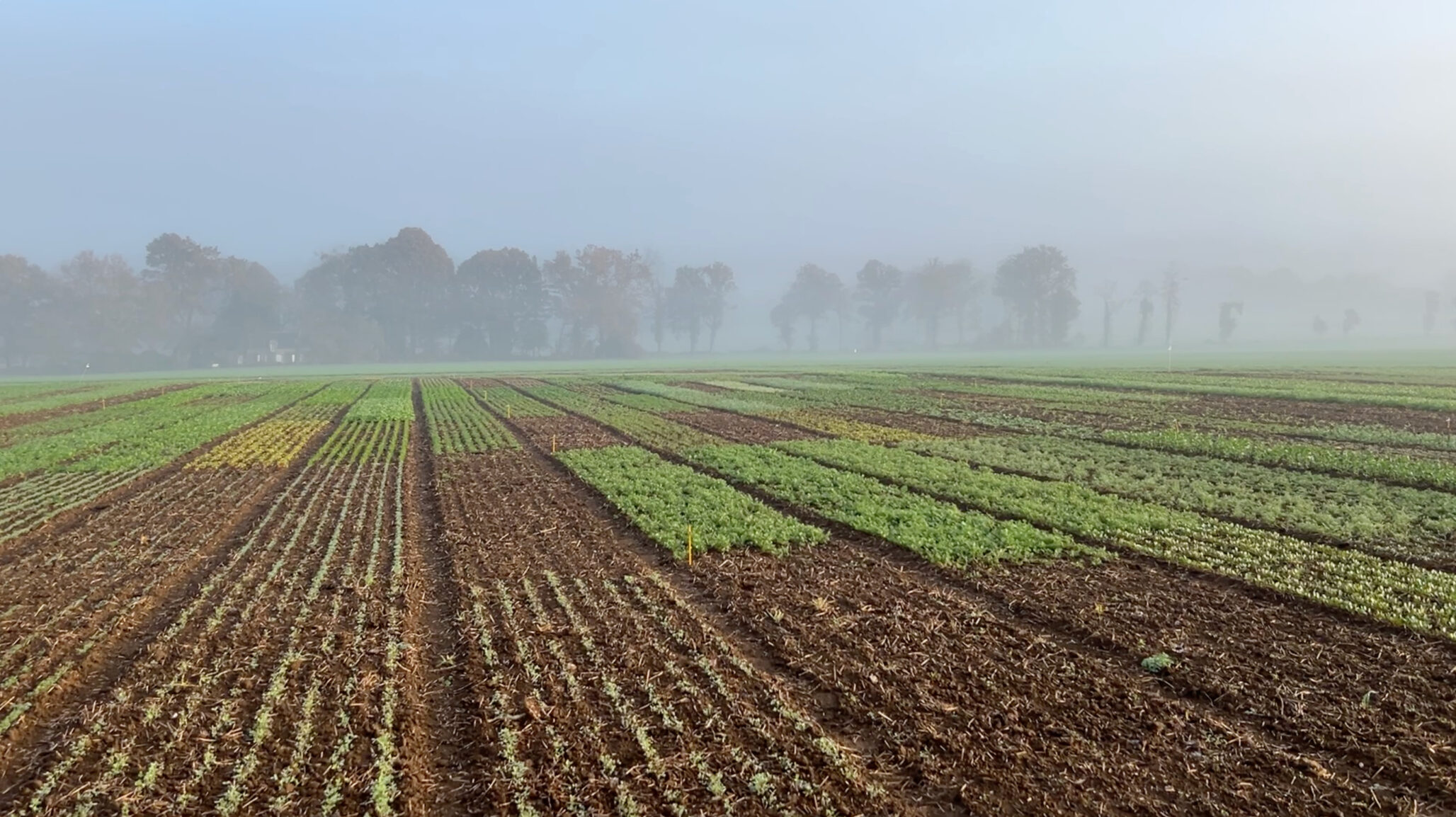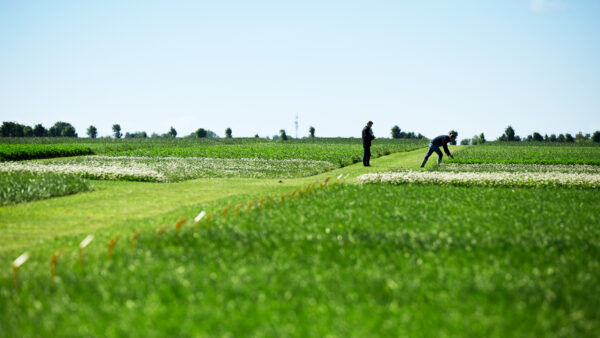Agroecology and sustainable intensification, two key fields in agricultural sustainability, have extensive research but seldom acknowledge their limitations or engage with each other. This gap may slow progress in the field. A research group from SLU has analyzed both approaches from an interdisciplinary perspective, with their findings published in Nature Sustainability.
There is a wealth of research offering recommendations on transforming agriculture for sustainability, but these suggestions can sometimes contradict each other, making it challenging for practitioners and even researchers from other fields to navigate. A more open dialogue about the assumptions and limitations behind research would help make conflicting findings more understandable and valuable in sustainability discussions.
“With our article we hope to show that there is a diversity within research about what sustainable agriculture is; all research takes some perspective, no research is ‘neutral’ or describes the whole,” says Klara Fischer, researcher and senior lecturer in environmental communication at the Department of Urban and Rural Development at SLU. “We believe that research could have more relevant input to societal discussions on sustainability if researchers not only saw it as their role to deliver ‘facts’ on how to achieve sustainability, but also spoke openly about the basic assumptions and limitations of their research.”
Two Dominant but Different Strands of Research
In the study, the group examined two major research approaches to sustainable agriculture: agroecology and sustainable intensification. The analysis revealed that these approaches are grounded in differing perspectives on what sustainable agriculture entails, employ distinct theories and methods, and propose various strategies for achieving sustainability. However, both approaches fail to clearly address how decisions regarding empirical focus, theories, and methods limit what can be learned about sustainable agriculture.
“The lack of transparency about the limitations that we identified in the two dominant research strands is problematic, as it suggests that each field considers that its own approach is sufficient for solving key challenges in agriculture,” says Fischer. “In this way, science contributes to polarized discussions on sustainability in agriculture and hinders a wider understanding of what each scientific approach can and cannot contribute in the quest towards sustainability.”
Fischer hopes to raise awareness within the research community that all research is built on foundational assumptions, and that both conscious and unconscious choices made throughout the research process influence its contribution to the dialogue on sustainable agriculture. He believes that if researchers were more mindful of their own limitations and more open to listening to others, it would enhance the relevance of research in the broader sustainability conversation.













